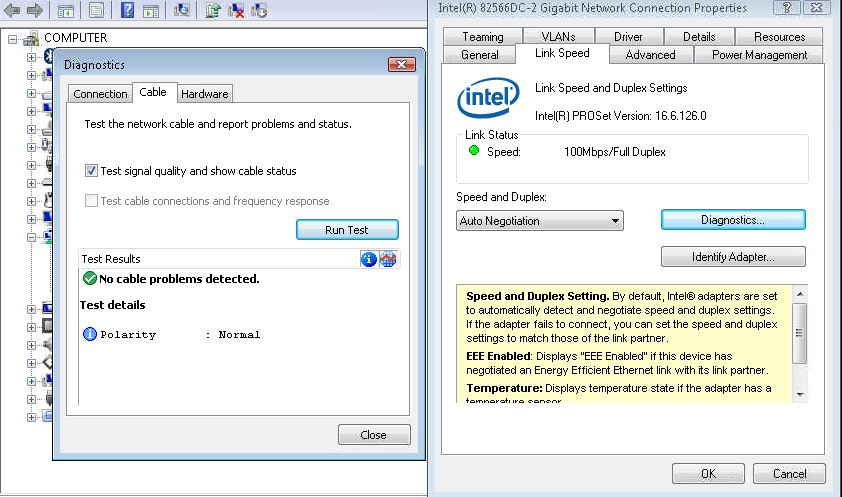You may find that svchost.exe holds a lock on a service whilst all the service libraries are being loaded. This in turn then prevents any other services in the same instance of svchost.exe from starting up until the call to the function has been returned.
An updated version of svchost.exe that will address the issue is available here http://support.microsoft.com/kb/2510636

